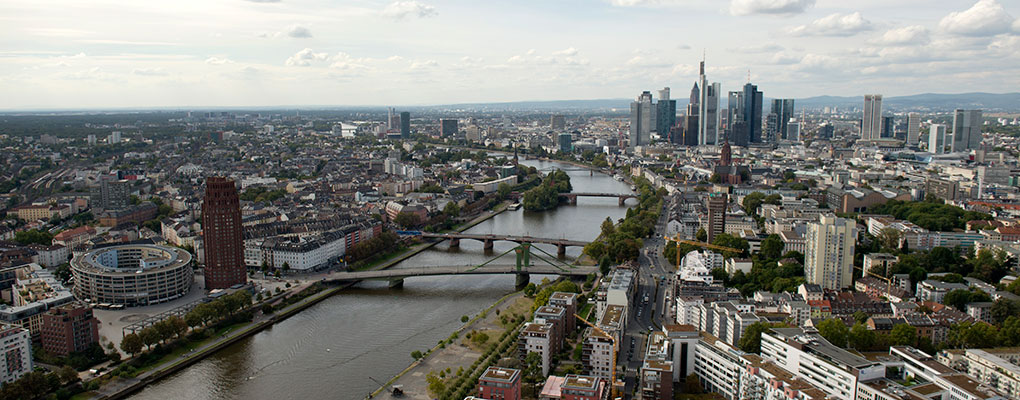
China and Germany, the economic cornerstones of their respective continents, are becoming increasingly reliant upon each other, with German firm’s trade with China supporting a million jobs across Europe. The two industrial powerhouses are further expanding their economic partnership, with an RMB denominated exchange being launched in the German financial capital of Frankfurt.
After decades of refusing to let the RMB out of the borders of mainland China, since 2004 the country has gradually liberalised in this respect
Germany’s Deutsche Borse Group, alongside the Shanghai Stock Exchange (SSE) and the China Financial Futures Exchange (CFFEX) has joined to create the new exchange, which will known as the CEINEX, or China Europe International Exchange. The new exchange will offer Chinese financial instrument to international investors, starting with cash products such as ETFs and bonds in the Chinese RMB, starting in November. All products will be traded using Deutsche Borse’s established cash marketplace, Xetra, which has approximately 200 participants.
“CEINEX is a milestone in the strategic cooperation amongst our three exchanges. Its value proposition to ‘trade China in international markets’ is a major step forward in the internationalization of the RMB,” said Deutsche Bourse Chief Executive Officer Carsten Kengeter, Reuters reports.
After decades of refusing to let the RMB out of the borders of mainland China, since 2004 the country has gradually liberalised in this respect. Earlier in 2015, the country’s leaders allowed RMB bonds to start being issued in the UK. European countries – northern states, in particular – are increasingly courting Chinese business and economic cooperation, shown most recently by President Xi Jingping’s high profile visit to the UK. Southern European countries are generally less enthusiastic about China, regularly complaining that its unfair trade practices undermine their own industry.


